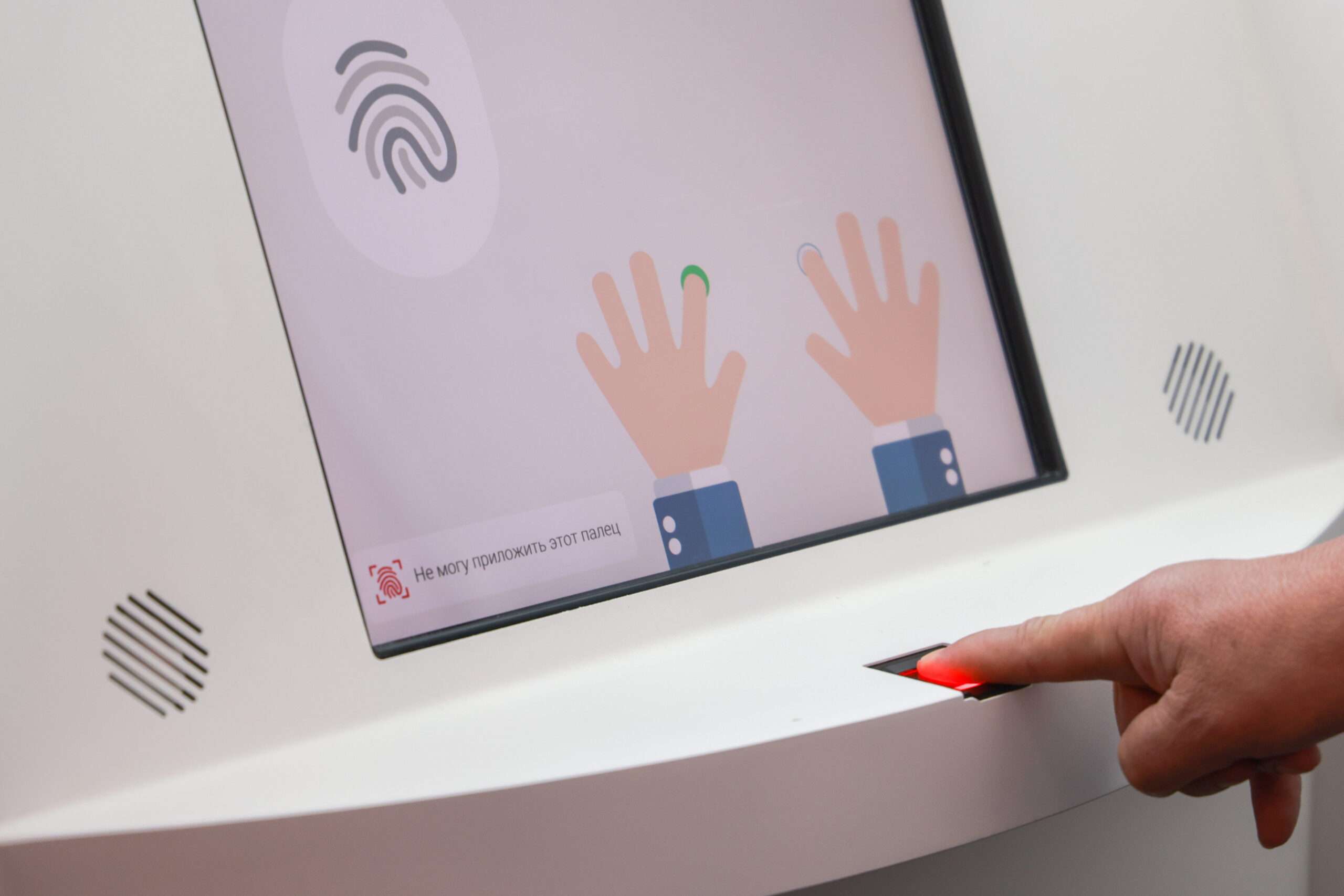Once upon a time, citizens of the United States could travel to almost every country in the European Union for 90 days without asking any government for permission beyond showing a passport at the initial point of entry. It was—and still is, for a few waning months—a marvelous if underacknowledged achievement for liberty.
Alas, the days of frictionless travel will soon be a memory. Starting at a so-far-unspecified date in early 2024, Americans and residents of 62 other countries that currently enjoy visa-free visitation to the Schengen Area of the E.U. will need to pay a fee and submit an online application (including biometric information, work experience, medical conditions, and initial itinerary), then pass a criminal/security background check, before enjoying that croissant in gay Paree. The grimly named European Travel Information and Authorisation System (ETIAS) is projected to cost 7 euros per application and take up to 14 days to render a decision.
Before you start shaking your fist at freedom-hating Eurocrats, know that ETIAS is the belated continental answer to a system the U.S. has imposed on residents of friendly countries since 2009, called the Electronic System for Travel Authorization, or ESTA. Like ETIAS, ESTA is a response to 21st-century terrorist attacks and combines modest fees ($21) with less-than-instantaneous turnaround times (a promised 72 hours). Both either tweak or torpedo (depending on your point of view) the notion of reciprocal "visa waiver" travel between high-trust countries.

 reason.com
reason.com
Alas, the days of frictionless travel will soon be a memory. Starting at a so-far-unspecified date in early 2024, Americans and residents of 62 other countries that currently enjoy visa-free visitation to the Schengen Area of the E.U. will need to pay a fee and submit an online application (including biometric information, work experience, medical conditions, and initial itinerary), then pass a criminal/security background check, before enjoying that croissant in gay Paree. The grimly named European Travel Information and Authorisation System (ETIAS) is projected to cost 7 euros per application and take up to 14 days to render a decision.
Before you start shaking your fist at freedom-hating Eurocrats, know that ETIAS is the belated continental answer to a system the U.S. has imposed on residents of friendly countries since 2009, called the Electronic System for Travel Authorization, or ESTA. Like ETIAS, ESTA is a response to 21st-century terrorist attacks and combines modest fees ($21) with less-than-instantaneous turnaround times (a promised 72 hours). Both either tweak or torpedo (depending on your point of view) the notion of reciprocal "visa waiver" travel between high-trust countries.

Say goodbye to permissionless travel
Americans will need a visa to visit Europe in 2024. Meanwhile, Europeans who have been to Cuba are discovering they can't come to the U.S., because terrorism.



